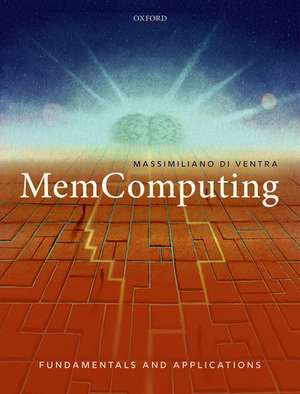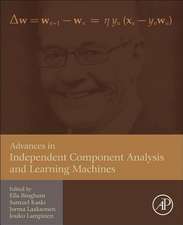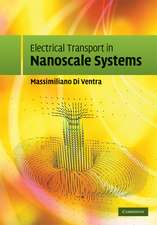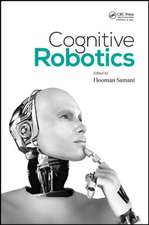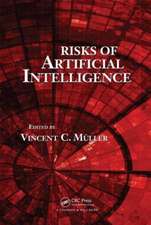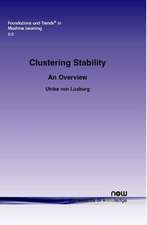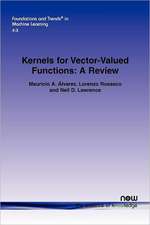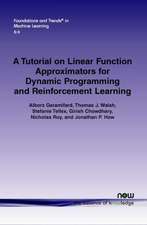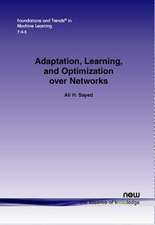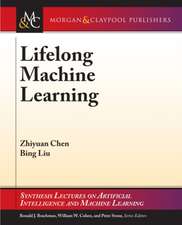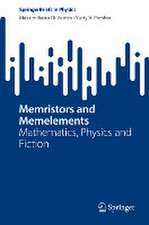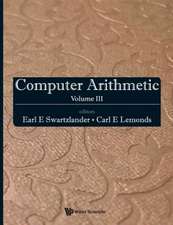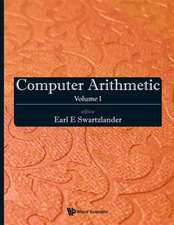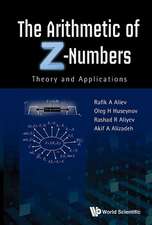MemComputing: Fundamentals and Applications
Autor Massimiliano Di Ventraen Limba Engleză Hardback – 21 feb 2022
Preț: 431.64 lei
Preț vechi: 589.50 lei
-27% Nou
Puncte Express: 647
Preț estimativ în valută:
82.62€ • 85.92$ • 69.23£
82.62€ • 85.92$ • 69.23£
Carte disponibilă
Livrare economică 10-17 februarie
Preluare comenzi: 021 569.72.76
Specificații
ISBN-13: 9780192845320
ISBN-10: 0192845322
Pagini: 384
Ilustrații: 127 line drawings and halftones
Dimensiuni: 193 x 254 x 22 mm
Greutate: 0.97 kg
Editura: OUP OXFORD
Colecția OUP Oxford
Locul publicării:Oxford, United Kingdom
ISBN-10: 0192845322
Pagini: 384
Ilustrații: 127 line drawings and halftones
Dimensiuni: 193 x 254 x 22 mm
Greutate: 0.97 kg
Editura: OUP OXFORD
Colecția OUP Oxford
Locul publicării:Oxford, United Kingdom
Recenzii
Memcomputing can have a revolutionary impact on the field of computing, and having a book presenting the material with the necessary background is a must to make it better known.
The book is an excellent and brilliant pedagogical introduction to a new paradigm of IT architecture. It contains both introductory and advanced material, offering the reader an overview that is exhaustive and stimulating.
The book is an excellent and brilliant pedagogical introduction to a new paradigm of IT architecture. It contains both introductory and advanced material, offering the reader an overview that is exhaustive and stimulating.
Notă biografică
Massimiliano Di Ventra obtained his undergraduate degree in Physics summa cum laude from the University of Trieste (Italy) in 1991 and did his PhD studies at the Swiss Federal Institute of Technology in Lausanne 1993-1997. He is now professor of Physics at the University of California, San Diego. Di Ventra's research interests are in condensed-matter theory and unconventional computing. He has been invited to deliver more than 300 talks worldwide on these topics. He has published more than 200 papers in refereed journals and 3 textbooks, and has 4 granted patents. He is a fellow of the American Physical Society and the Institute of Physics, and a foreign member of Academia Europaea. In 2018 he was named Highly Cited Researcher by Clarivate Analytics and he is the recipient of the 2020 Feynman Prize for Theory in Nanotechnology.
